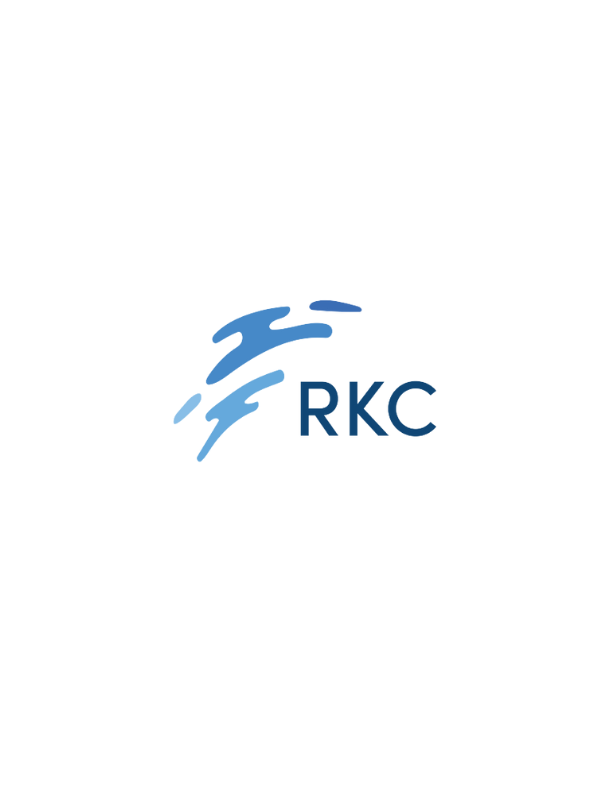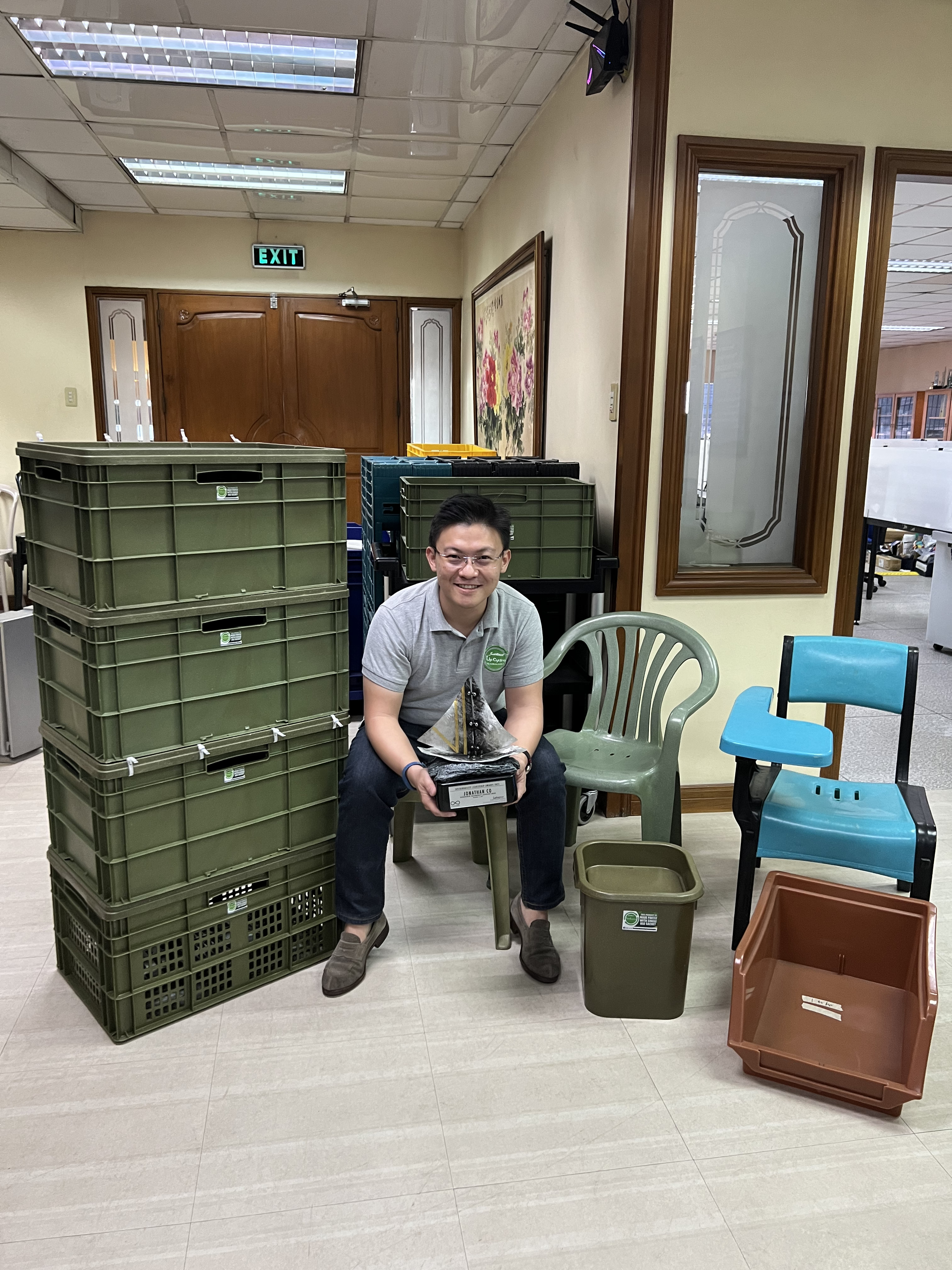

23 February 2022: A kick-off workshop was held for the Survey and Piloting of the Application of Behavioural Insights Approaches for Plastic Reduction project, to test the effectiveness of behavioural insight to reduce the use of single-use plastics in targeted pilot cities and communities. It was organised by the Institute for Global Environmental Strategies (IGES), and funded by and implemented in close collaboration with ERIA's Regional Knowledge Centre for Marine Plastic Debris (the Centre).
Four partners were selected to implement the project in four ASEAN countries – Indonesia, the Philippines, Thailand, and Viet Nam. The implementation partners are, respectively, the Centre for Southeast Asian Studies (CSEAS) Indonesia; the Task Force on Environmental Sustainability (TFES) of the University of the Philippines Diliman; Chula Unisearch, Chulalongkorn University, Thailand; and the Southern Institute of Ecology (SIE), Viet Nam.
The four partners will work with IGES to develop detailed implementation and monitoring plans from January to August 2023. The lessons learned from the four pilot projects will then be summarised into an easy to use toolkit for local governments, businesses, and schools to apply behavioural insight knowledge in concrete settings. The toolkit is set to be launched in late 2023.
‘IGES has been working for a sustainable lifestyle for eight years. We have supported several projects for schools and communities. We are glad to work with local partners to run the behavioural insight survey in the field,’ said Dr Atsushi Watabe, IGES Programme Director, who opened the workshop.
Mr Michikazu Kojima, ERIA Senior Advisor, emphasised the importance of exploring solutions to tackle plastic pollution not just by implementing policies (top down), but also by nudging consumer behavioural change (bottom up), and welcomed the collaboration with IGES.
‘Social behaviour of consumers is one of the most important factors that contributes to the production of plastic waste since they are the key players for the implementation of a sustainable plastic economy. Hence, a better understanding of the consumers' behaviour towards plastic can help government officials, relevant organisations, and businesses in making more effective strategies,’ he said during his opening remarks.
Behavioural Insight Approaches in Reducing Single-Use Plastics
The workshop aimed for the partners to achieve a better understanding of the project's objectives, steps, and timelines. The partners received a sense of the up-to-date application of behavioural insight approaches in single-use plastic reduction, based on input from experts.
Experts and researchers working with Dr Watabe on the project are: Mr Dwayne Appleby, IGES Programme Manager/Senior Policy Researcher on Sustainable Consumption and Production; Ms Alice Yamabe, IGES Policy Researcher on Sustainable Consumption and Production; and Mr Sam Gray, Manager for Global Development at the Rare Centre for Behaviour and the Environment.
As for the project, CSEAS Indonesia will monitor the consumption of single-use plastic in a traditional cafeteria and café in the University of Indonesia compound in Depok, West Java. During the four-month intervention period, the cafeteria will provide weekly data on beverage consumption without plastic straws versus with plastic straws, while the café's management will collect data on coffee served in tumblers and reusable cups versus coffee in plastic cups.
The TFES will develop a communication strategy with food vendors at the University of the Philippines compound to encourage customers to bring their own reusable containers. It will work to provide biodegradable/reusable alternatives to plastic food packaging by partner food vendors to test alternative packaging acceptability and practicality. It will also apply regular collection of compostable food packaging through the implementation of a proper waste segregation system.
The team from Chula Unisearch will launch a plastic-free campaign in two flea markets at Chulalongkorn University. It will advocate the banning of single-use plastic carrier bags and encourage retail shops to join the campaign by using or providing biodegradable packaging materials/cutlery.
The SIE in Viet Nam is conducting a school intervention, raising awareness on waste segregation and waste issues, to determine students’ knowledge, attitudes, and practices on single-use plastics.
23 February 2022: A kick-off workshop was held for the Survey and Piloting of the Application of Behavioural Insights Approaches for Plastic Reduction project, to test the effectiveness of behavioural insight to reduce the use of single-use plastics in targeted pilot cities and communities. It was organised by the Institute for Global Environmental Strategies (IGES), and funded by and implemented in close collaboration with ERIA's Regional Knowledge Centre for Marine Plastic Debris (the Centre).
Four partners were selected to implement the project in four ASEAN countries – Indonesia, the Philippines, Thailand, and Viet Nam. The implementation partners are, respectively, the Centre for Southeast Asian Studies (CSEAS) Indonesia; the Task Force on Environmental Sustainability (TFES) of the University of the Philippines Diliman; Chula Unisearch, Chulalongkorn University, Thailand; and the Southern Institute of Ecology (SIE), Viet Nam.
The four partners will work with IGES to develop detailed implementation and monitoring plans from January to August 2023. The lessons learned from the four pilot projects will then be summarised into an easy to use toolkit for local governments, businesses, and schools to apply behavioural insight knowledge in concrete settings. The toolkit is set to be launched in late 2023.
‘IGES has been working for a sustainable lifestyle for eight years. We have supported several projects for schools and communities. We are glad to work with local partners to run the behavioural insight survey in the field,’ said Dr Atsushi Watabe, IGES Programme Director, who opened the workshop.
Mr Michikazu Kojima, ERIA Senior Advisor, emphasised the importance of exploring solutions to tackle plastic pollution not just by implementing policies (top down), but also by nudging consumer behavioural change (bottom up), and welcomed the collaboration with IGES.
‘Social behaviour of consumers is one of the most important factors that contributes to the production of plastic waste since they are the key players for the implementation of a sustainable plastic economy. Hence, a better understanding of the consumers' behaviour towards plastic can help government officials, relevant organisations, and businesses in making more effective strategies,’ he said during his opening remarks.
Behavioural Insight Approaches in Reducing Single-Use Plastics
The workshop aimed for the partners to achieve a better understanding of the project's objectives, steps, and timelines. The partners received a sense of the up-to-date application of behavioural insight approaches in single-use plastic reduction, based on input from experts.
Experts and researchers working with Dr Watabe on the project are: Mr Dwayne Appleby, IGES Programme Manager/Senior Policy Researcher on Sustainable Consumption and Production; Ms Alice Yamabe, IGES Policy Researcher on Sustainable Consumption and Production; and Mr Sam Gray, Manager for Global Development at the Rare Centre for Behaviour and the Environment.
As for the project, CSEAS Indonesia will monitor the consumption of single-use plastic in a traditional cafeteria and café in the University of Indonesia compound in Depok, West Java. During the four-month intervention period, the cafeteria will provide weekly data on beverage consumption without plastic straws versus with plastic straws, while the café's management will collect data on coffee served in tumblers and reusable cups versus coffee in plastic cups.
The TFES will develop a communication strategy with food vendors at the University of the Philippines compound to encourage customers to bring their own reusable containers. It will work to provide biodegradable/reusable alternatives to plastic food packaging by partner food vendors to test alternative packaging acceptability and practicality. It will also apply regular collection of compostable food packaging through the implementation of a proper waste segregation system.
The team from Chula Unisearch will launch a plastic-free campaign in two flea markets at Chulalongkorn University. It will advocate the banning of single-use plastic carrier bags and encourage retail shops to join the campaign by using or providing biodegradable packaging materials/cutlery.
The SIE in Viet Nam is conducting a school intervention, raising awareness on waste segregation and waste issues, to determine students’ knowledge, attitudes, and practices on single-use plastics.

Communication Desk


